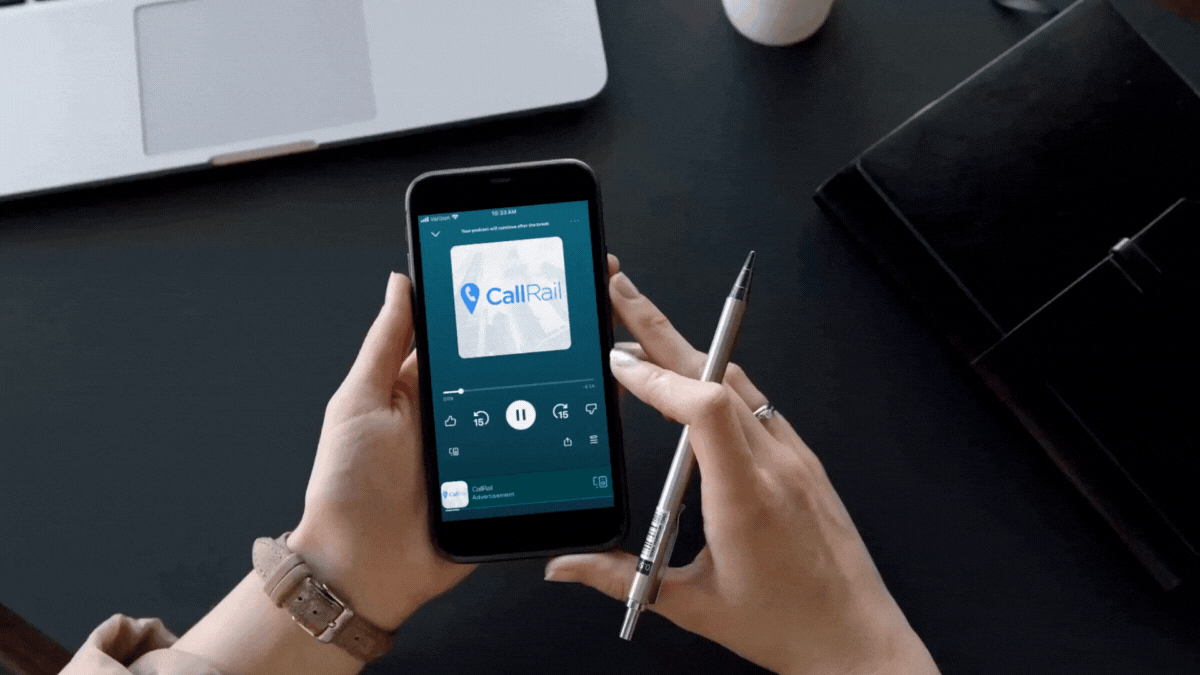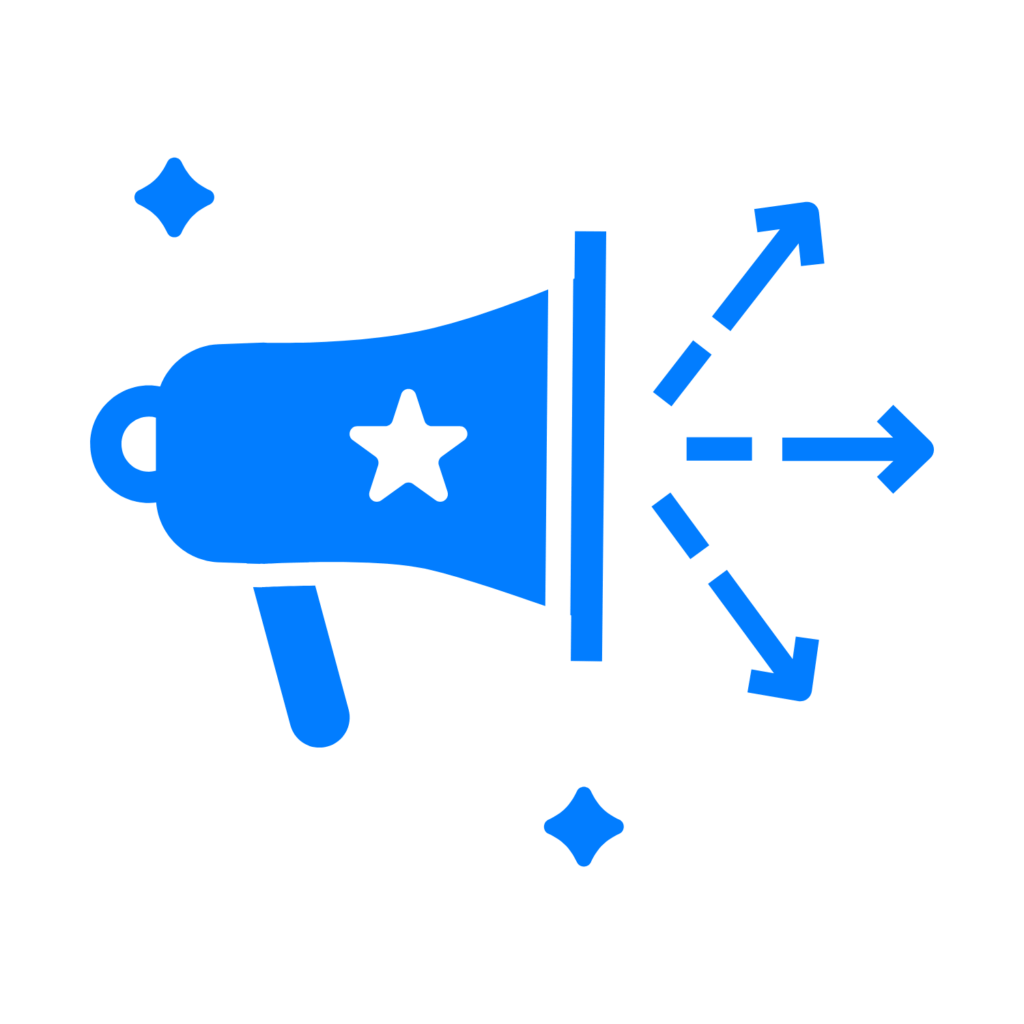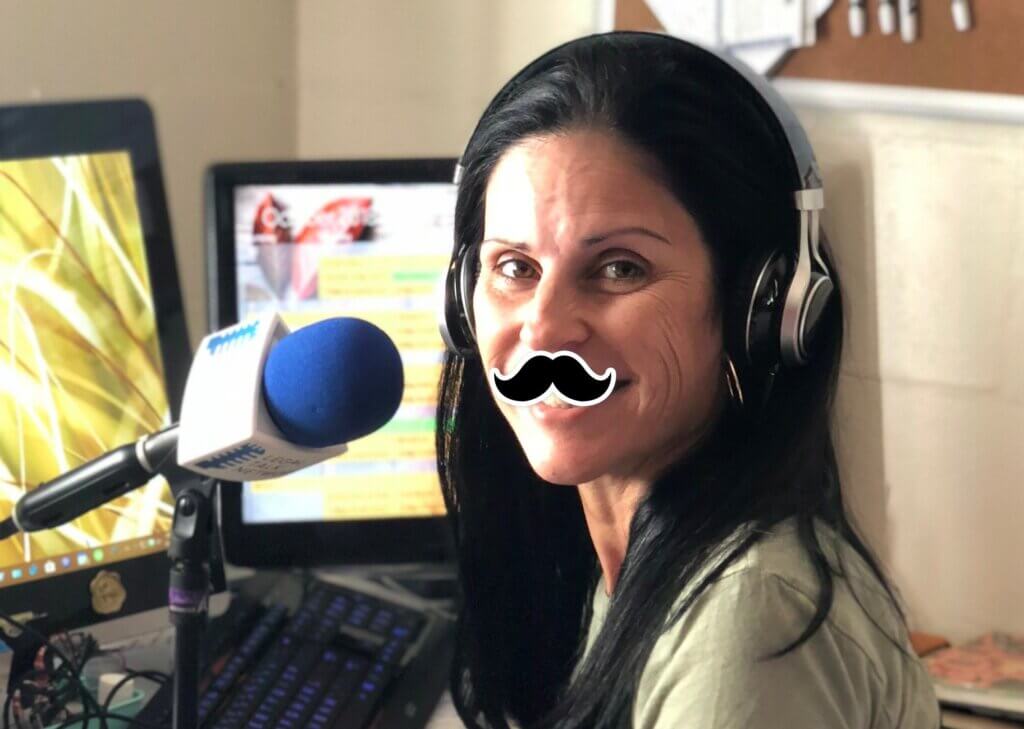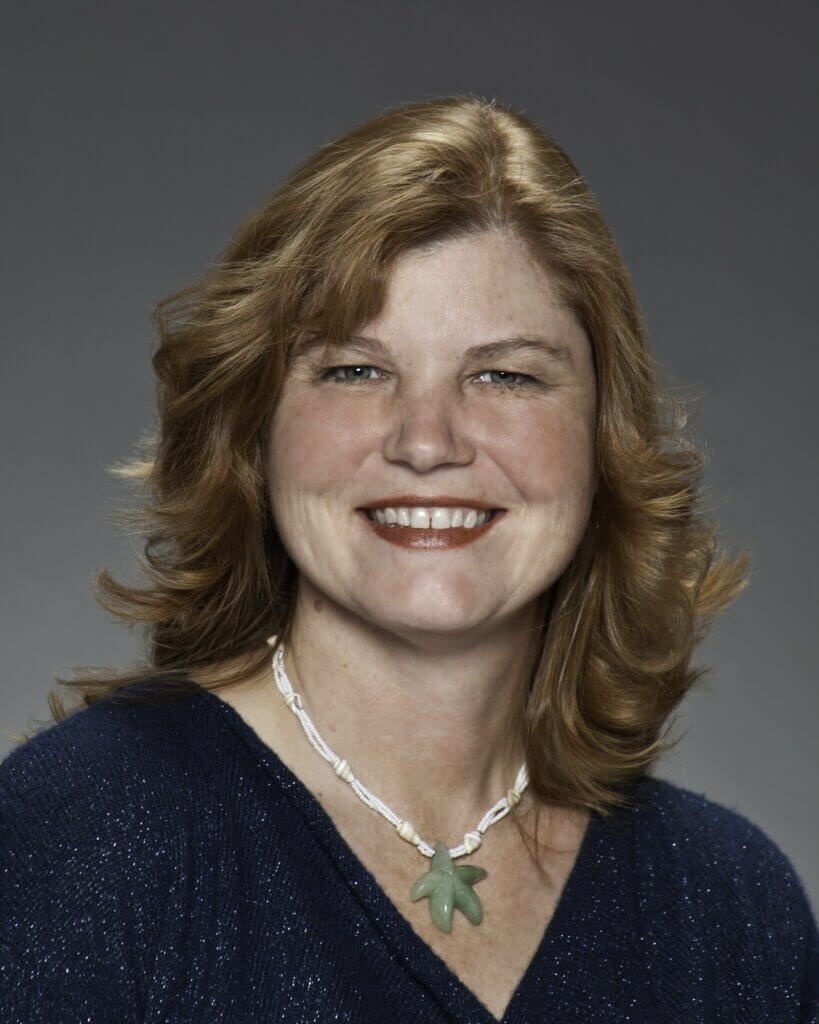Subscribe to receive featured episodes and staff favorites once a month.
Newsletter Signup
Sponsoring podcasts can be a wonderful complement to your other demand generation activities because podcasts reach niche audiences makes your buy more efficient.
The trick is creating messaging that gets potential customers to respond quickly, do what you’ve asked them to do, and fits in with the show you’re sponsoring.
Podcast listeners are inclined to reject ads, or really any part of a show that misaligns with their expectations, because listeners often get emotionally attached to their favorite shows and hosts and don’t like when content feels artificial or unoriginal.
Here are some tips to help make sure the message is lined up with the interests of the audience, their intentions for listening to that show, and show’s style. What to expect your ad to accomplish for your campaign:

Branding over demand generation:
While podcast players like Spotify and Apple are doing a lot to connect listeners and advertisers, a listener still has to leave the podcast to interact with your product. Make the message easy to remember so they can find you.

Build awareness:
Use your podcast audio ads and their content to differentiate your product from competitors in ways that are meaningful to your ideal buyer. Audio is really intimate so use that proximity to touch on their pain points and make a difference.

Coordinate and complement:
The podcast ads complement the work you’re doing in your other channels, so elements like taglines should be coordinated, the value proposition should be aligned, and landing pages should be inside your site to reflect your branding.

The ads on Legal Talk Network are 30 seconds long. That’s only about 75 words. In an effort to be fair to all sponsors, we try really hard to keep them all the same length. When you deliver a script that’s 200 words, we’re going to have to trim that down. And you might have to take that back for more approvals. Here are some sample scripts to get you started.
Occasionally you’ll hear a 60-second ad that is an exclusive option we allow for one of the four show sponsors if they can provide enough content to justify that information becoming a featured part of the show, at an extra cost. We call those Branded Content Features. Here are some samples of the Branded Content Feature we did with Clio in 2023.

Just don’t. Everyone tries it. It doesn’t work, partly because everyone tries it so it’s become a an ad cliche. The real reason to not use rhetorical questions in an ad is because it is easy for the listener to answer “no,” and tune out the rest of your message.
A common rhetorical question goes along the lines of, “Do you ever have problems like my product solves?” Starting there means the whole script is going to be self-oriented rather than client-oriented. All clients and prospects are thinking much more about themselves than you, our lovely sponsor. You will get a lot closer to them if you start with a strong and maybe even startling fact or a point of relevance for your client.
Rhetorical questions also take up a remarkable amount of that 30 seconds you have in your ad. Don’t waste it; just get to the point.

When GoDaddy came to us to promote their new affinity product for business lawyers, we had to take a minute to calibrate how domain name management was relevant to attorneys. If we hadn’t stopped to think about the listeners’ reaction, we would have just read the templated script that the corporate team sent over, listing tech benefits. That approach might appeal to technology enthusiasts, but could easily be deemed as unimportant by busy attorneys. We had to draw them into the logic and help them see how working with GoDaddy would benefit their clients.
The hosts at Above the Law’s Thinking Like a Lawyer, Joe Patrice and Kathryn Rubino, did a great job reflecting the listeners’ experience of wondering about the client’s connection to their jobs, and then cementing the relationship. We wrote it in a fast-paced style that suited Joe’s natural delivery, and invited Kathryn to pop in with another facet of the listeners’ reaction that was true to the dynamic fans of the show enjoy about them. GoDaddy on Above the Law’s Thinking Like a Lawyer, August 2022

Change passive tenses of words that end in -ing like ‘automating’ and ‘analyzing’ to verbs to propel the listener to action. Action verbs at the beginnings of sentences are stronger and more memorable, and take up fewer words in your ad.
Compare these two sentences:
“SuperTech.AI is the greatest tool for automating and analyzing your briefs, and helps you reduce time and effort.”
“Automate brief analysis easily with SuperTech.AI to save time.”
Take out clauses so your sentences can start strong. It is not strong when you say “If you’re ready to revolutionize your practice, then you can call us.” Instead, just start right at the meat: “Call us today to revolutionize your practice.”

You probably work pretty closely with sales and know what deals and promos have the best return on investment. A 20% discount is fairly common and likely available from various vendors. When podcasting, because you have the permission to be in an intimate space with the listener, you’ll be most successful when you craft an offer that both reflects the benefit that niche audience cares about, and is distinctive enough for them to remember it quickly. The ideal client may actually respond to a secondary or experience offer more than the dollar and cents offer.
For example, the Apple Card caught my attention because I was actively looking for a new card and weighing several cashback offers. When they said I could get 3% back on most of my purchases without any games or fees, I was interested. The specific cashback percentage was one thing, but the idea that I wouldn’t have to play any silly games with buying categories is what actually motivated me to go find out more right away.
Think about the real experiences of your ideal buyer, what they care about in both the objective offer and the experience, remove what they’re annoyed by, and make it easy for them to say ‘yes’.

Repetition is a central concept in audio. Certainly you don’t want to go overboard, but because listener’s attention may pop in and out, you want to say your name between 3-6 times in the ad. Put yourself in the listeners’ earphones for a moment: they may have a lot going on in their immediate environment. They definitely also have a lot of other solutions they could use to solve the problem you also solve. If they have a functional practice management system and you sell a practice management solution, they might hear “…practice management system…” and think “oh, yep, I’ve got one of those!” and get back to what they were already thinking about.
Your job as the sponsor is to break through some of that clutter to differentiate your product. Your name is a great way to do that. Introduce yourself each time like you might at a cocktail party. You should try to get it into the first sentence. It will certainly be in your web address at the end. Get it in at least one or two more times in the body as well.
Lee Rawles, Host of Modern Law Library and Talk Justice, starts off right away with the name for Civille and then provides context. She reinforces the name a few times throughout, which is doubly important for a client with a homonym. In this case, we opted to spell out the client’s name at the end as an additional nod. Civille, May 2024

Have a URL that can both be spoken clearly and HEARD clearly. We had a sponsor with a web address that had several soft vowels that when spoken became a homonym for a completely different type of product. Others had a URL with dashes or wanted us to say a web address with multiple slashes. Names derived from another language or need to be spelled all create a delay in understanding, which reduces the listeners’ ability to respond quickly to your offer.
In audio, we don’t have the benefit of also seeing the words to validate the way they sounds. If you need to get another domain that sounds simpler, it could be a very valuable $17 investment in the success of your campaign. Then point that friendly address to your more complex-sounding UTM or landing page. Stafi, a legal staffing agency originally wanted to include a URL with a name that wasn’t their name and sounded actually like a direct competitor’s name. We encouraged them to use their alternate URL and then re-direct it to the page they wanted people to land on. Here is Christopher Anderson on Un-Billable Hour for Stafi, April 2024:

New Solo’s long-time host Adriana Linaras brought her energy and emotive style to talk in an authentic way about Clio’s findings in their Legal Trends Report. Her delivery is bright and genuine and reflects the experience of Clio’s target audience.
If the client had insisted on an exact replica of the script as approved by the legal department, they would not have gotten the benefit of Adriana’s personality and would have been less effective at drawing in the listener. Giving the host a little latitude on the language and delivery enhances your investment. Clio on New Solo, June 2023

CosmoLex, a ProfitSolv Company, wanted to be on both Legal Toolkit with Jared Correia, and on Un-Billable Hour with Christopher Anderson. We wanted to communicate the same brand messaging and benefits to listeners, but they have completely different personalities. One script wasn’t going to work for both.
We used the same basic structure prioritizing the simplicity of CosmoLex and included all the appropriate branding, but let Jared have more fun with a sarcastic side comment about not leaking money. Christopher’s script was a straighter delivery emphasizing the business efficiency of the product because that’s aligned with what listeners are seeking from his show.
Jared Correia for CosmoLex, September 2023
Christopher Anderson for CosmoLex, September 2023

It is important for your host to know your product. We always ask our hosts about the sponsor before the sponsor signs just in case they aren’t familiar or have a past experience. I’ve had several sponsors do a demo of a new product with a host.
Often our hosts are very savvy in the legal tech space so they’re already familiar, but a few have been able to get some more depth from that interaction with the product.
Gyi Tsakalakis and Conrad Saam, hosts of Lunch Hour Legal Marketing recorded an about Lawmatics, a company they know so well that Gyi shares with the audience he also invests in the company, in June 2023
We do not, however, endorse products. Legal is a very small space and you wouldn’t want to be the un-endorsed technology in a show’s line-up, so we won’t create that situation for any of our potential sponsors. Our sponsorships, unless otherwise noted, are not exclusive so you could be next to a close competitor. See above about differentiating your product and having a good offer to make the most of your space.

When we book new sponsors, a year feels like a long time. That year allows the core audience to get familiar with the solutions you provide or benefits of your service, and it allows you to touch those listeners who are new or are trying the show.
You want use the whole year though to share different facets of your service. We can map out three different versions of your ads, record them all together so they have a cohesive sound, and then rotate them monthly or every six weeks.
Other sponsors will go with a seasonal strategy as in “We always sell more test prep services in the three months leading up to the Bar exam” so the ads promoting that service will be scheduled for November – January to pick up February testers, and April – June for the July testers.

I’d love to talk with you more about how sponsoring a Legal Talk Network podcast could help you connect very efficiently with your legal buyer.
Let’s chat! Feel free to find a time on my calendar that suits your schedule or email me at [email protected].
Lisa, as Legal Talk Network's Director of Partnerships & Marketing, is the bridge between show sponsors and the production team. She helps sponsors develop their message and choose the most effective shows for reaching their target audience. Lisa has consulted with clients in both digital marketing and traditional broadcast media, and loves podcasting because the medium celebrates creativity and makes room for diverse content. She loves driving fast and lives at Lake Tahoe with her family.